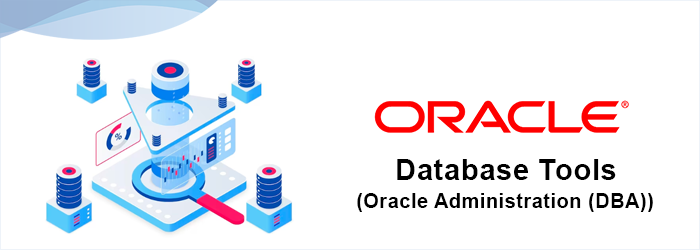Let's Chat!



Oracle Database Administration (DBA) involves managing and maintaining Oracle database systems. Those who want to understand database and database administration should take the Oracle DBA [Database Administration] course. Build your Oracle DBA career on a solid foundation of ethical behavior and technical expertise. The most cutting-edge database management system in the market is covered in depth in this course.
Eligibility criteria for Oracle DBA certification typically include: